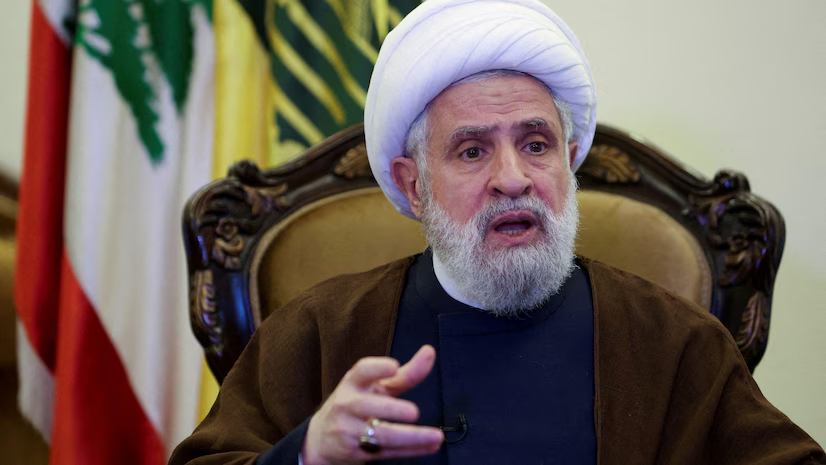
Hezbollah has appointed Shiite cleric Naim Qassem as its new leader following the death of his predecessor, Hassan Nasrallah, who was killed in an Israeli airstrike nearly a month ago, according to a report by CNN. Israeli Defence Minister Yoav Gallant criticized the move on social media, predicting that Qassem’s leadership would be a “temporary appointment” that wouldn’t last long.
The group’s Senior Council selected Qassem due to his commitment to “Mohammed’s authentic Islam” and the organization’s core values. Having served as Nasrallah’s deputy, Qassem is one of the few leaders to survive the recent Israeli attacks that targeted many of Hezbollah’s key figures. Mohanad Hage Ali, deputy director for research at the Malcolm H Kerr Carnegie Middle East Centre, commented that Qassem’s appointment was anticipated given that there were limited options for top clerics remaining. He also remarked that Qassem was a familiar figure, making his selection an obvious choice.
Although Hashem Safieddine was considered a stronger candidate, he was killed in an Israeli strike in Beirut. Born in 1953 in Kfar Kila, Qassem has been with Hezbollah since its founding in 1982 and has held the position of deputy secretary-general since 1991, in addition to managing the group’s parliamentary activities. Before joining Hezbollah, he was involved in “Harakat al Mahrumin,” a political group that eventually allied with Hezbollah as part of the Amal movement.
Despite being a significant figure within Hezbollah, Qassem’s connection to the average Lebanese citizen may not be as strong as that of Nasrallah, who had a background that resonated more with poorer communities. According to Ali, Qassem comes from a “lower middle class” background, while Nasrallah was more in tune with the impoverished segments of society.
